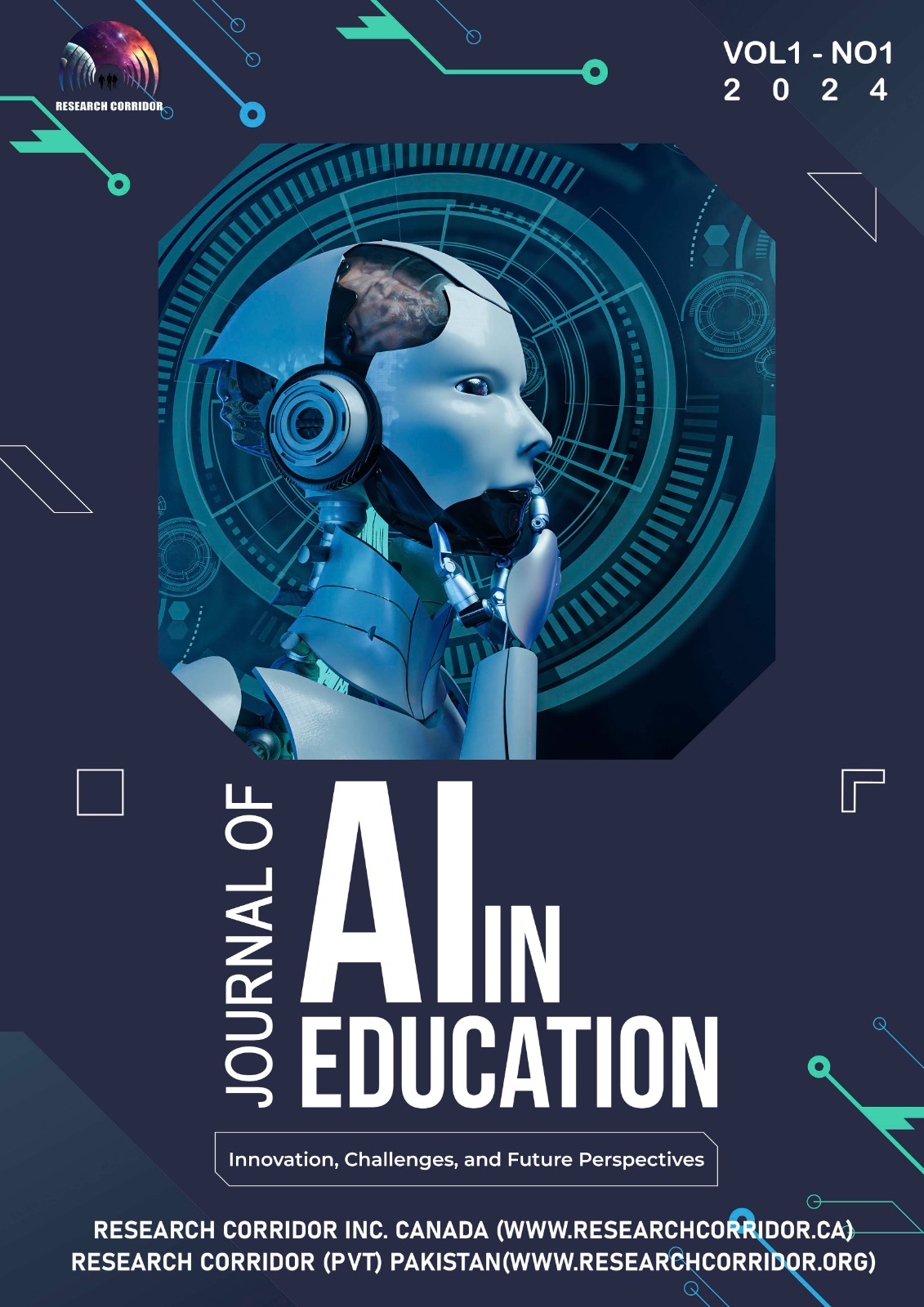Ethical Challenges of AI in Education: Balancing Innovation with Data Privacy
Keywords:
Artificial Intelligence, Education, Data Privacy, Ethics, Algorithmic Bias, AI Regulation, Student Surveillance, Personalized Learning, Ethical AI, Academic Integrity, Federated Learning, Differential Privacy, Responsible AI Deployment, Transparency, Human-Centered AIAbstract
Artificial Intelligence (AI) has revolutionized the education sector by offering personalized learning experiences, automated assessments, and data-driven insights. However, these advancements bring significant ethical challenges, particularly concerning data privacy. Educational institutions collect and process vast amounts of student data, raising concerns about informed consent, data security, and potential misuse. The integration of AI also risks exacerbating biases in learning algorithms, leading to discriminatory outcomes. Moreover, the ethical implications of surveillance through AI-powered proctoring systems create a conflict between academic integrity and student privacy. Addressing these challenges requires a balanced approach that fosters innovation while safeguarding fundamental rights. Policymakers and educators must establish robust regulatory frameworks, ensure transparency in AI-driven decision-making, and promote ethical AI literacy. The development of privacy-preserving AI techniques, such as federated learning and differential privacy, can help mitigate risks associated with data exposure. Additionally, collaborative efforts between technologists, educators, and policymakers are essential for creating AI systems that prioritize ethical considerations alongside technological progress. This paper explores the multifaceted ethical dilemmas of AI in education, emphasizing the necessity for responsible AI deployment. By adopting a human-centered approach, institutions can harness AI’s potential while ensuring data privacy and equitable access to educational resources. The discussion underscores the need for continuous ethical evaluation to prevent AI from becoming a tool of surveillance and discrimination rather than an enabler of inclusive education.





